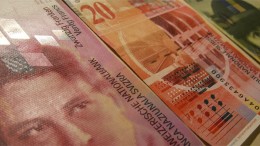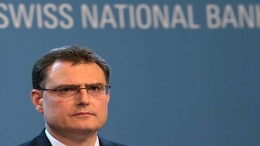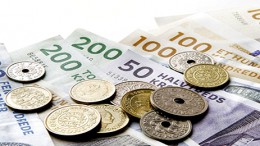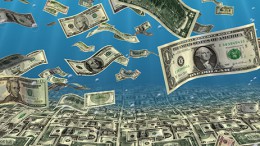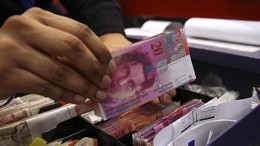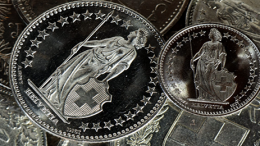SNB relieved From Pressure On Negative Rates Thanks to ECB
UBS | The Swiss National Bank (SNB) reassessed its monetary stance at its quarterly March meeting today. After the European Central Bank (ECB) a week ago lowered its negative deposit rate for bank reserves by only 10 basis points to -0.40% and the main refinancing rate by 5 basis points to 0.00%, it became clear that the negative interest rate differential disfavouring the franc would not erode significantly.

